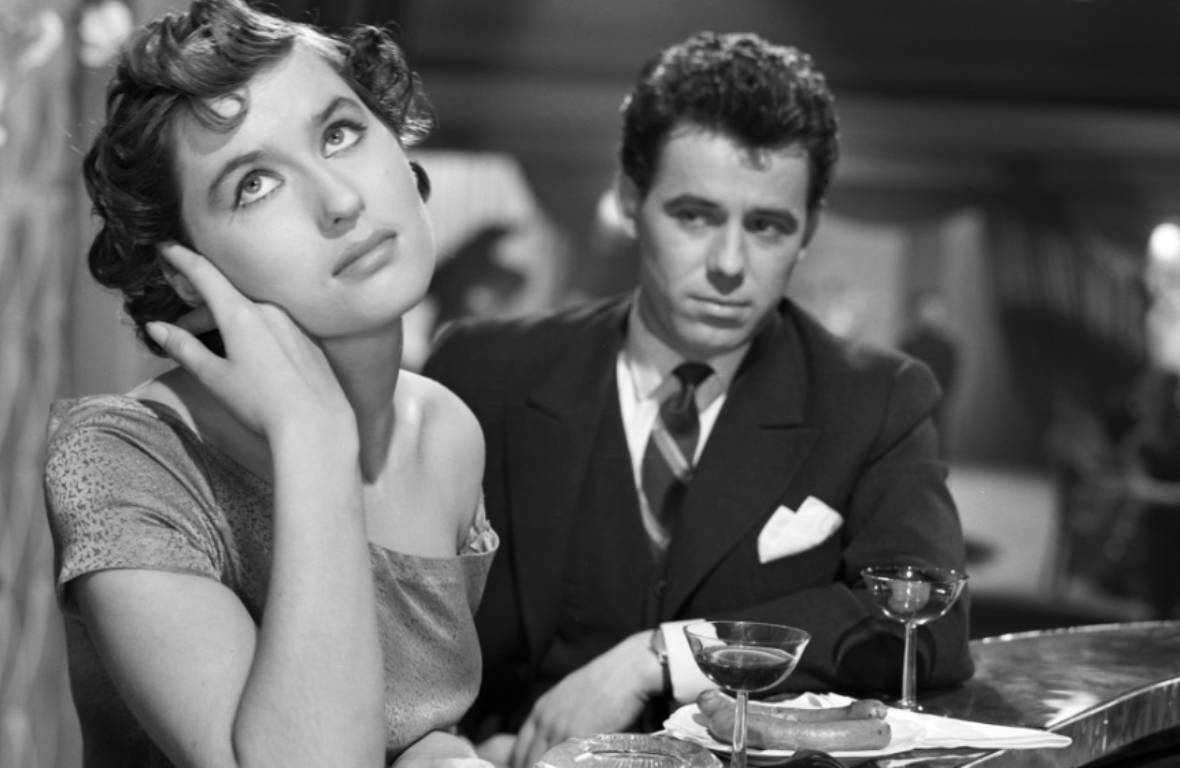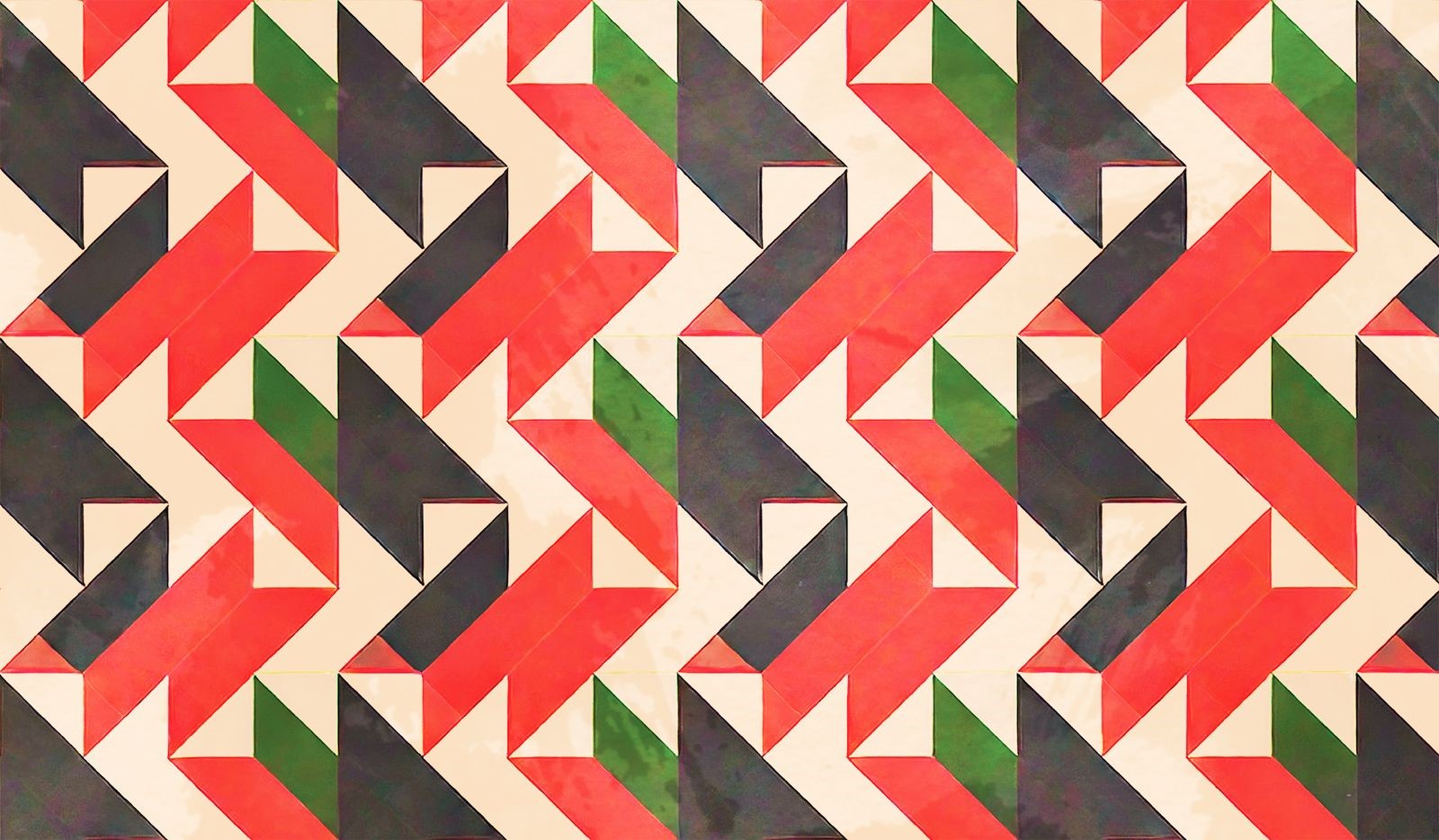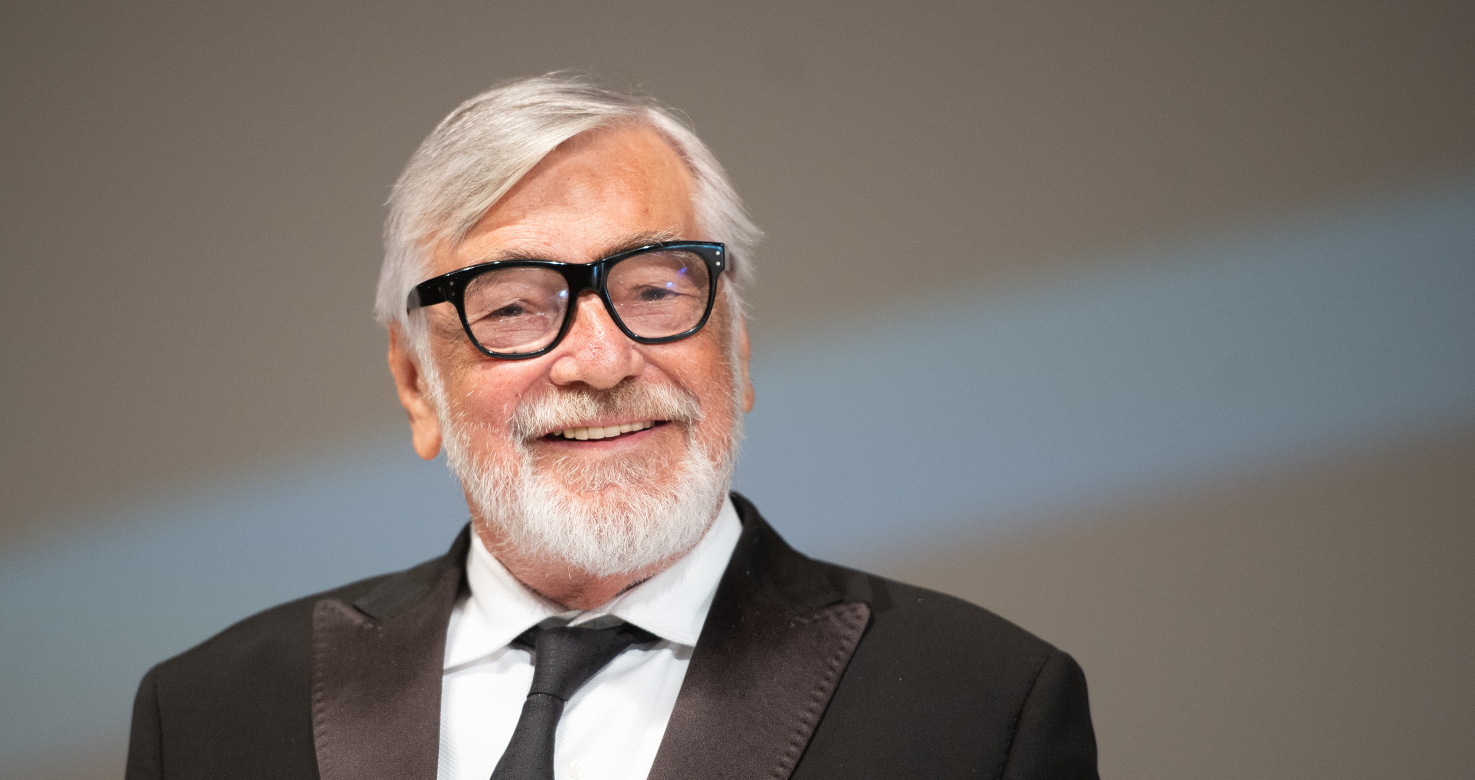A Style Means an Attitude
A Style Means an Attitude
Watching Vanessa Redgrave
Watching Vanessa Redgrave
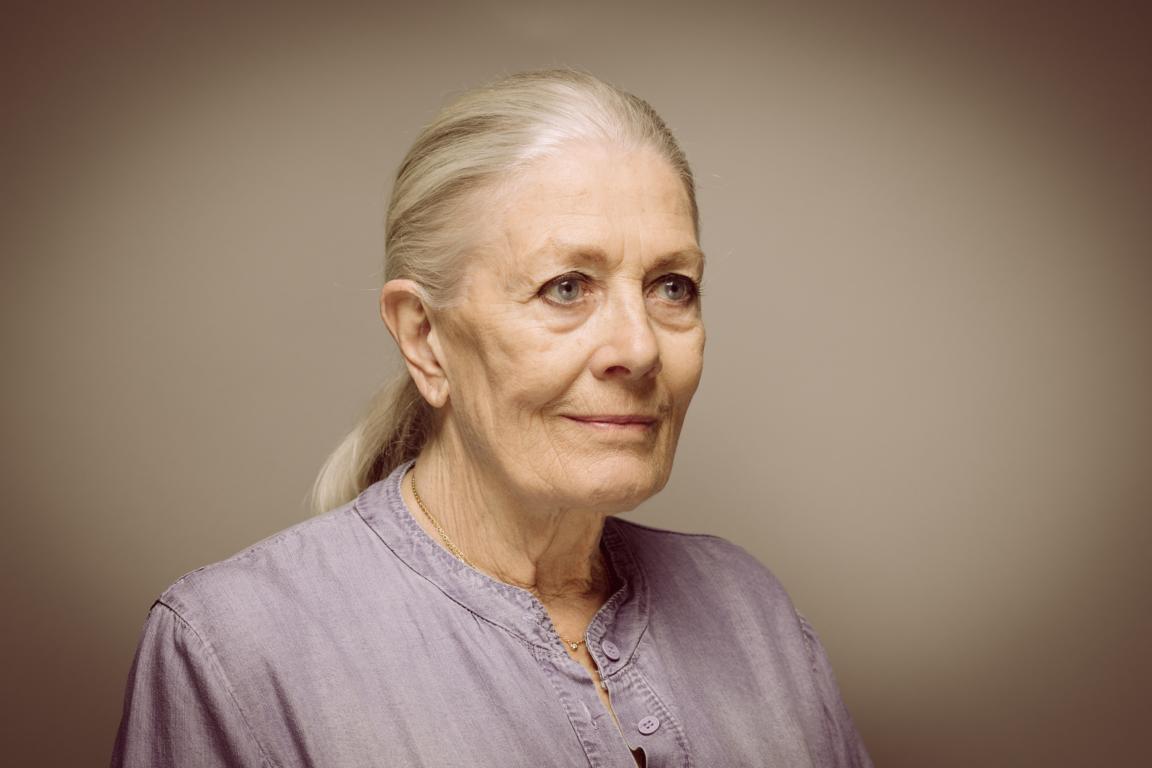
by Dora Leu, Romania
To try and describe an actress like Vanessa Redgrave is to realise just how meagre and insufficient words can be. The evidence has been there since some of her earliest roles: that discreet mix of childish innocence and foreboding, spectre-like mysteriousness she lent to her character in Antonioni’s BLOW UP (1966) is much like an untranslatable photogenic event – no second-hand account will ever do it justice; it has to be seen, and watched carefully, to be understood. Perhaps this is also why no other actress has ever been more perfect for the role of the ground-breaking dancer Isadora Duncan (ISADORA by Karel Reisz, 1968). Redgrave moves like a gentle, articulate force that needs no words and finds poetry in a telling look and in the smallest of gestures. On screen, on stage, in cinema, on television, at 29 or at 86, Redgrave enthrals, with the grace of the craft and a soft-spoken elegance that come only once in a generation, if not once in the entirety of film history itself.
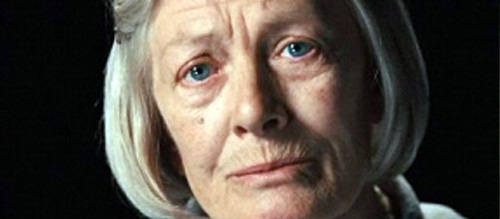
From her work with Reisz at the waning of the British New Wave to her acclaimed roles in JULIA (1977) or HOWARD’S END (1986), and to more recent titles like Joe Wright’s ATONEMENT (2007), Vanessa Redgrave has navigated with ease and incredible versatility between prestige dramas, classical cinema, mainstream films and militant roles, while maintaining a mesmerising screen presence often quoted by audiences and colleagues alike. Sometimes described as an otherworldly, myth-like figure, Redgrave’s talent has been to infuse her characters with a wise, welcoming warm light that could equally turn two times chilling at the change of a beat. For the actress, grace does not exclude fierceness, and fierceness does not exclude femininity. But, to rework and extrapolate a precept of the Free Cinema Movement that said that style means an attitude, the attitude for Redgrave is that she has always responded to history and taken a stand against injustice, on screen and outside of it. Often overlapping with her own revolutionary drive, the English actress has most notably depicted pioneers, feminists, suffragettes, Holocaust survivors, revolutionaries and free spirits, recontextualising the role of women in history and fighting the continuous outrages committed against humans, from discrimination, to oppression, to fascism, to occupation. Aside from the numerous awards around the globe that confirm the power of these roles and their singularity on screen, Redgrave’s elegance also comes from her quality as a human being, from an understanding that an actor’s work extends outside the screen and that art has to have a sense, a spine, and a mission.
To celebrate Vanessa Redgrave with a Lifetime Achievement Award is to salute her as an activist as much as an actor, as a figure of solidarity, an unshaken, uncompromising supporter of justice in all weathers, and a voice for the oppressed. We can take from Redgrave’s work on screen a lesson to inform ourselves and a reminder that we need now more than ever – an invitation to reflect on the roles that the film industry has in responding to the crises of the world and an urge to not remain sheltered and indifferent, and to stand firm in our demands for peace.
Dora Leu (she/her) is a Romanian film critic and occasional filmmaker. In addition to film, she’s also studied history of art. Her main research subjects include the Japanese New Wave, essay films and experimental documentaries. In 2022, she participated in the European Film Academy’s “A Sunday in the Country” for young critics and film journalists. She has a soft spot for music videos and Irish post-punk bands.

